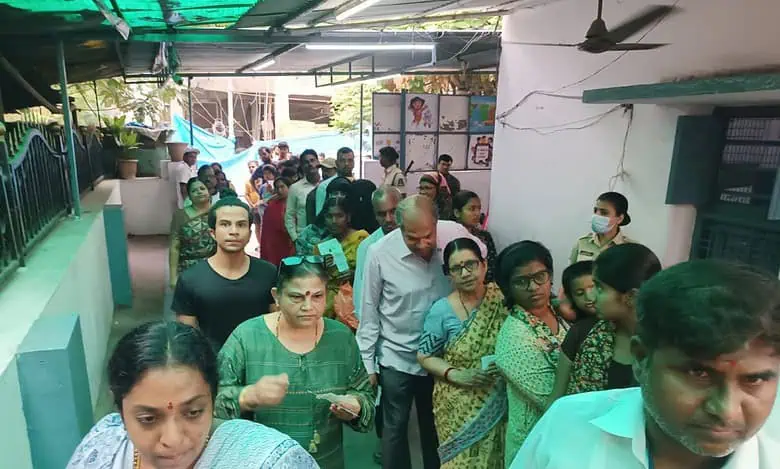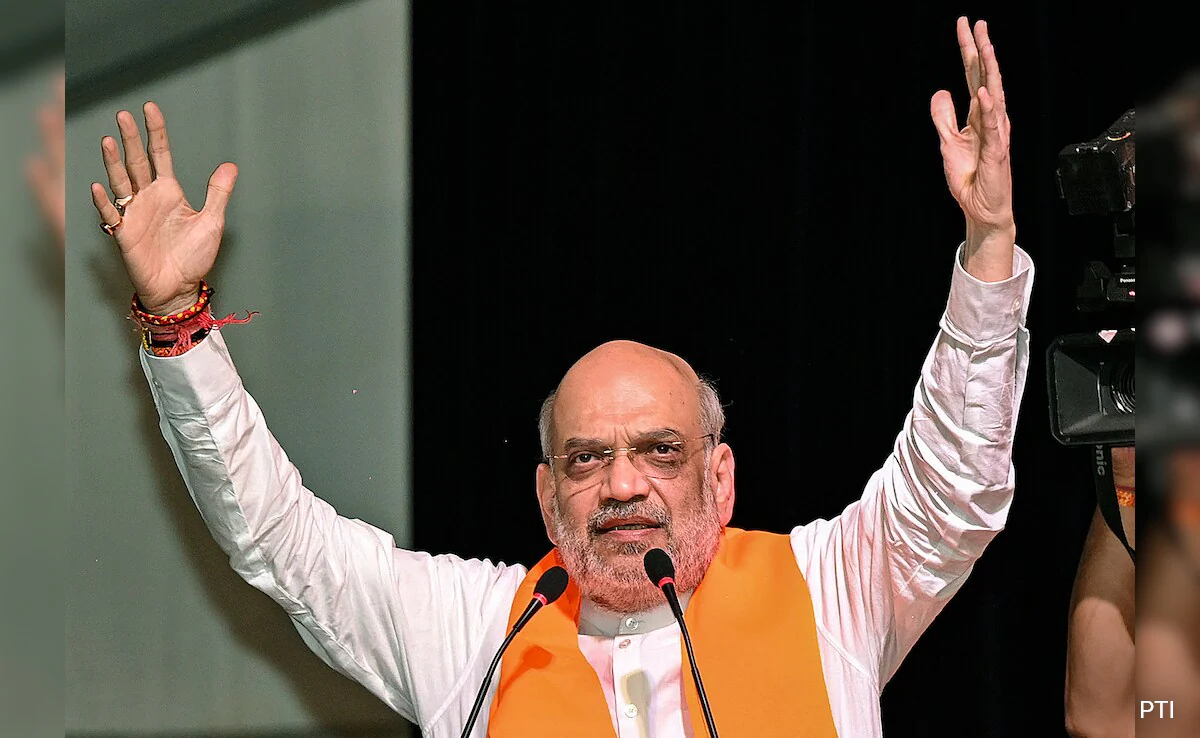Synopsis
Uncertainty Looms: Hyderabad’s Fate as a Union Territory? Speculation arises as K T Rama Rao (KTR), working president of Bharath Rashtra Samithi (BRS), suggests the potential designation of Hyderabad as a Union Territory by the Central government after June 2. This move would entail significant changes in governance, including the absence of elected MLAs and increased Central oversight. The city’s taxation structure would also shift to UT-GST, impacting businesses and the economy. Additionally, the lingering debate over Hyderabad’s joint capital status further complicates its future. As June 2 approaches, Hyderabad awaits clarity on its fate, marking a pivotal moment in its political trajectory.
Uncertainty Looms: Hyderabad’s Fate as a Union Territory?
Hyderabad, India – Speculation swirls as K T Rama Rao (KTR), working president of Bharath Rashtra Samithi (BRS), raises concerns over the potential transformation of Hyderabad into a Union Territory under the governance of the Central government. Amidst this uncertainty, questions abound regarding the city’s political future and administrative structure.
Understanding the Implications: Union Territory Status
If Hyderabad were to be designated as a Union Territory, it would undergo a significant shift in governance dynamics. With the Central government assuming control over administration, the city’s fate would be steered by decisions made in the corridors of power in New Delhi.
Legislative Assembly or Not: Key Differentiator
One crucial aspect of this transition hinges on whether Hyderabad would have a Legislative Assembly. In the absence of such an assembly, akin to Chandigarh, the city would lack elected MLAs, thereby altering the political landscape significantly. Instead, administrative matters would be overseen by a Governor appointed by the Central government, marking a departure from the current state-centric governance model.
Taxation and Governance: UT-GST and Central Oversight
Under the Union Territory framework, Hyderabad would fall under the purview of UT-GST (Union Territory Goods and Services Tax), introducing a new tax regime that aligns with the Central government’s fiscal policies. This shift would not only impact businesses but also reshape the economic landscape of the city.
Lingering Uncertainty: Joint Capital Status in Limbo
Hyderabad’s status as the joint capital of Telangana and Andhra Pradesh following the bifurcation of erstwhile Andhra Pradesh in 2014 adds another layer of complexity to the current debate. While the city was slated to serve as a joint capital for a period of 10 years, calls from Andhra Pradesh leaders to extend this arrangement cast a shadow of ambiguity over its future.
Road Ahead: Awaited Clarity Post-June 2
With June 2 looming as the deadline for Hyderabad’s tenure as a joint capital, the city stands at a crossroads, awaiting clarity on its fate. KTR’s assertion regarding the possibility of Hyderabad transitioning into a Union Territory post-June 2 injects a sense of urgency into the discourse surrounding its future trajectory.
Navigating Turbulent Waters
As Hyderabad grapples with the prospect of a seismic shift in its governance structure, stakeholders across the political spectrum are poised for deliberations and decisions that will shape the city’s destiny. Whether it retains its current status, assumes the mantle of a Union Territory, or undergoes a different trajectory altogether, the path ahead remains uncertain, underscoring the need for astute leadership and judicious decision-making in navigating these turbulent waters.
Last Updated on April 29, 2024 11:33 am by Admin




